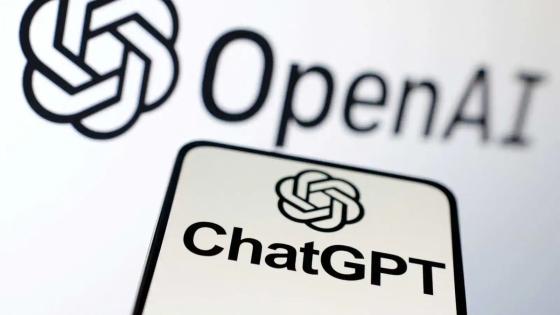The Global Artificial Intelligence (AI) Tsunami: Promises and Challenges for Liberia

The Global Artificial Intelligence (AI) Tsunami: Promises and Challenges for Liberia
.... Liberia, one of the many countries in the world striving to overcome economic and social obstacles, stands at the precipice of this AI tsunami. With a blend of optimism and caution, Liberia has an opportunity to leverage AI technologies to enhance various sectors of its economy, improve governance, and uplift its citizens.
For the past five years, there has been a plethora of discourse on the issue of Artificial Intelligence. In the past two recent years, there has been much development in the field of AI.
The world started paying attention to AI when ChatGPT was announced even though there were prior work and versions of AI that performed a variety of tasks.
No doubt the rise of artificial intelligence (AI) has ushered in a wave of technological advancements that hold great promises and challenges for countries across the globe.
Liberia, one of the many countries in the world striving to overcome economic and social obstacles, stands at the precipice of this AI tsunami. With a blend of optimism and caution, Liberia has an opportunity to leverage AI technologies to enhance various sectors of its economy, improve governance, and uplift its citizens.
However, it must also address the challenges associated with AI implementation, such as ethical concerns, workforce readiness, and infrastructure development.
Promises of AI for Liberia:
- Economic Growth and Job Creation: AI has the potential to revolutionize Liberia's economy by promoting growth and creating new employment opportunities. By harnessing AI technologies, industries such as agriculture, mining, manufacturing, and services can experience increased productivity, efficiency, and innovation. Automation and AI-driven processes can help improve production techniques, optimize supply chains, and enhance customer experiences. These advancements can attract foreign investment, create job prospects, and contribute to Liberia's overall economic development.
- Healthcare and Education: AI can significantly impact Liberia's healthcare and education sectors. In healthcare, AI-powered diagnostic tools can aid in early disease detection and improve treatment outcomes. Telemedicine and AI-driven chatbots can also enhance access to healthcare services, particularly in remote areas. Additionally, AI can transform education through personalized learning platforms, intelligent tutoring systems, and adaptive assessments. These technological advancements can help bridge the educational divide and provide quality education opportunities to all Liberians.
- Good Governance and Public Services: AI technologies can play a pivotal role in strengthening governance and public service delivery in Liberia. The implementation of AI-driven systems can improve administrative processes, streamline public service delivery, and enhance transparency. AI-powered analytics can aid in data-driven decision-making, enabling policymakers to formulate evidence-based policies. Furthermore, AI can assist in fraud detection, tax compliance, and crime prevention, bolstering the rule of law and reinforcing public trust in institutions.
Challenges of AI for Liberia:
- Ethical Considerations: As AI evolves, it brings forth ethical considerations that must be carefully addressed. Liberia needs to establish ethical frameworks and regulations to ensure responsible AI development and deployment. Issues such as privacy protection, bias mitigation, and algorithmic transparency require robust policies to safeguard individuals' rights and prevent discrimination or misuse of AI technologies.
- Workforce Readiness: AI adoption necessitates an adequately skilled workforce capable of harnessing its potential. Liberia needs to invest in educational programs that emphasize science, technology, engineering, and mathematics (STEM) skills, as well as AI-specific knowledge. By upskilling the workforce, Liberia can bridge the digital divide and ensure that its citizens are equipped to participate in the AI-driven job market.
- Infrastructure Development: AI technologies often require a robust digital infrastructure, including reliable internet connectivity, data storage facilities, and computing power. Liberia must focus on developing its digital infrastructure to support AI initiatives effectively. Investment in broadband connectivity, data centers, and cloud computing services can bolster the country's AI capabilities and ensure its integration across sectors.
Conclusion: Liberia stands at a crucial juncture in its development journey, where the promises and challenges of the AI tsunami converge. By embracing AI technologies, Liberia can unlock tremendous potential in various sectors, driving economic growth, improving healthcare and education, and enhancing governance.
However, it is imperative that Liberia simultaneously addresses the challenges posed by AI, such as ethical concerns, workforce readiness, and infrastructure development. By striking a balance between optimism and caution, Liberia can harness the power of AI to create a brighter future for its citizens and emerge as a frontrunner in the AI revolution.

